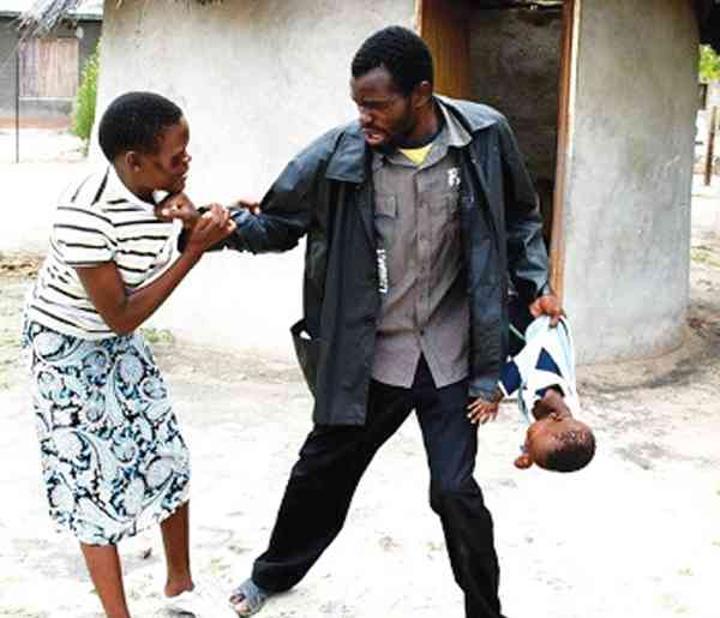Africa-Press – Zimbabwe. NEW technologies that are being developed across the world have created new pathways for gender-based violence, a senior government official has said.
Speaking during the launch of the 2025 National 16 Days of Activism against Gender-based Violence in Harare on Saturday, Women Affairs, Community, Small and Medium Enterprises Development deputy minister Jennifer Mhlanga said harassment, cyber-stalking, digital exploitation and anonymous threats were increasingly used to harm and silence women and girls.
Zimbabwe launched the campaign to intensify efforts to eliminate violence on various digital platforms with a sharp focus on the rising threat of digital violence on women and girls.
The 16 Days of Activism Against Gender-Based Violence is a global campaign that runs each year from November 25, which is the International Day for the Elimination of Violence against Women to December 10, Human Rights Day.
This year’s campaign will be held under the theme, Unite to End Digital Violence against All Women and Girls. Mhlanga said the theme reflected the growing reality that abuse has expanded beyond physical spaces into online platforms.
“While the digital world holds excellent promise for education, economic freedom, innovation and expression for many women and girls, it has also become a space of harm where harassment, threats, exploitation and abuse lie behind screens and anonymity. Protecting women and girls is an everyday commitment; digital spaces must be safe for all,” she said.
Addressing the launch virtually, President Emmerson Mnangagwa described the theme as “a timely call to action,” reaffirming the government’s commitment to eliminating all forms of GBV.
“To this end, my government has established and ensured a rigorous legal and policy framework towards the prevention of gender-based violence.
“National Gender-Based Violence Response and Prevention Strategy provides a multi-sectoral approach to gender-based violence-related support services.
“The High-level Political Compact policies and frameworks are all aligned to our national development strategies towards the realisation of Vision 2030.”
He called on ministries, departments and agencies to continue mainstreaming gender in their programming and service delivery towards fostering a gender-based violence-free culture in the workplace.
“We are determined to realise an environment that is just and free of gender-based violence. Let us continue speaking out and taking action. There is no turning back on this journey towards a peaceful and equitable Zimbabwe,” he said.
According to the 2023-24 Zimbabwe Demographic and Health Survey, 27% of women aged 15-49 have experienced physical violence, with 13% having reported such violence in the previous years.
Women’s Coalition of Zimbabwe vice-chairperson Nyaradzo Mashayamombe, who has survived digital abuse, described the online space as a “new site of trauma and control.”
“Digital violence transforms our phones and computers into sites of harm. It forces women out of public life. This is censorship in real time. Naming and shaming perpetrators is your responsibility. Digital violence must not be a male spectator sport,” she said.
United Nations resident coordinator Edward Kallon said online violence must be treated with the same seriousness as physical violence, describing it as real violence with real consequences.
He highlighted the need for stronger legal enforcement, digital literacy, technology-sector accountability and survivor-centred support services.
While commending the government for the Cyber and Data Protection Act and the National Strategy to Prevent and Address GBV (2023-2030), he stressed the need for more research and multi-sector investment.
For More News And Analysis About Zimbabwe Follow Africa-Press






